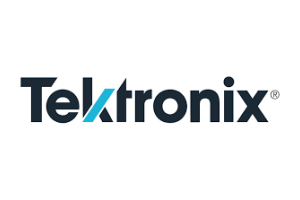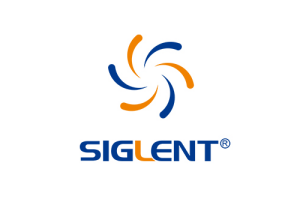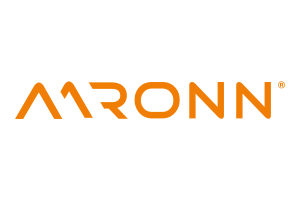Collaborative Research
Many members of the Automotive Chiplet Program from imec
imec had invited the entire value chain for the automotive industry to the Automotive Chiplet Forum 2024 in Ann Arbor to discuss the development – and many companies have committed to joining the Automotive Chiplet Program (ACP).
The first companies to join the ACP include Arm, ASE, BMW Group, Bosch, Cadence Design Systems, Siemens, SiliconAuto, Synopsys, Tenstorrent and Valeo.
The program’s goal is to evaluate which chiplet architectures and packaging technologies are best suited to support car manufacturers' specific high-performance computing and strict safety requirements, while striving to extend the benefits of chiplet technology – such as increased flexibility, improved performance and cost savings – to the entire automotive industry.
»The adoption of chiplet technology would signal a disruptive shift in central vehicle computer design, offering distinct advantages over traditional monolithic approaches. Chiplets facilitate rapid customization and upgrades, while reducing development time and costs,« explained Bart Placklé, vice-president of automotive technologies at imec. »However, moving to a chiplet architecture is prohibitively expensive for OEMs if done in isolation. Commercial viability thus hinges on industry alignment around a set of chiplet standards, enabling car manufacturers to procure chiplets from the market and integrate them with proprietary chiplets to build unique offerings.«
What requirements do the chiplets have to fulfil?
Companies developing supercomputing, data center and smartphone solutions have long explored the benefits of chiplet technology to meet their rapidly increasing computing needs. But the automotive industry has been somewhat more reluctant to embrace the chiplet paradigm due to the unique challenges they face.
First, automotive solutions must meet strict robustness and reliability requirements, ensuring continuous operation and passenger safety over a car's typical lifespan of ten to fifteen years. Moreover, cost is another crucial factor to consider. And, finally, superior performance and exceptional energy efficiency are critical to preserving a car's battery life. These are some of the urgent issues imec's Automotive Chiplet Program will address.
A pre-competitive, collaborative research effort unparalleled in the automotive industry
Imec’s Automotive Chiplet Program leverages imec’s world-leading track record in advanced 2.5D and 3D packaging with resources and expertise from different parts of the automotive value chain. Bart Placklé: »The agility of chiplets will allow the automotive ecosystem to respond quickly to changing market demands and technological breakthroughs. They also facilitate flexible component integration, limiting the risk of vendor lock-in and improving supply chain resilience. In addition, their optimized performance leads to lower power requirements, enabling compact device design.«
»We are convinced that all stakeholders will gain important insights from the program’s pre-competitive, collaborative approach – leveraging the partners’ collective wisdom and means to make rapid progress. The valuable precompetitive learnings from the program can be instantiated in further R&D and product innovation to accelerate the partners’ own differentiating, long-term roadmaps. In fact, this methodology mirrors the successful practices established in the semiconductor industry over the past four decades. With 40 years of experience in designing, building, and optimizing chip architectures and technologies, and without allegiance to any stakeholder in the automotive ecosystem, imec is uniquely positioned to guide the car manufacturing industry towards the development of a groundbreaking new chiplet architecture tailored to the sector’s specific needs,« he concluded.







